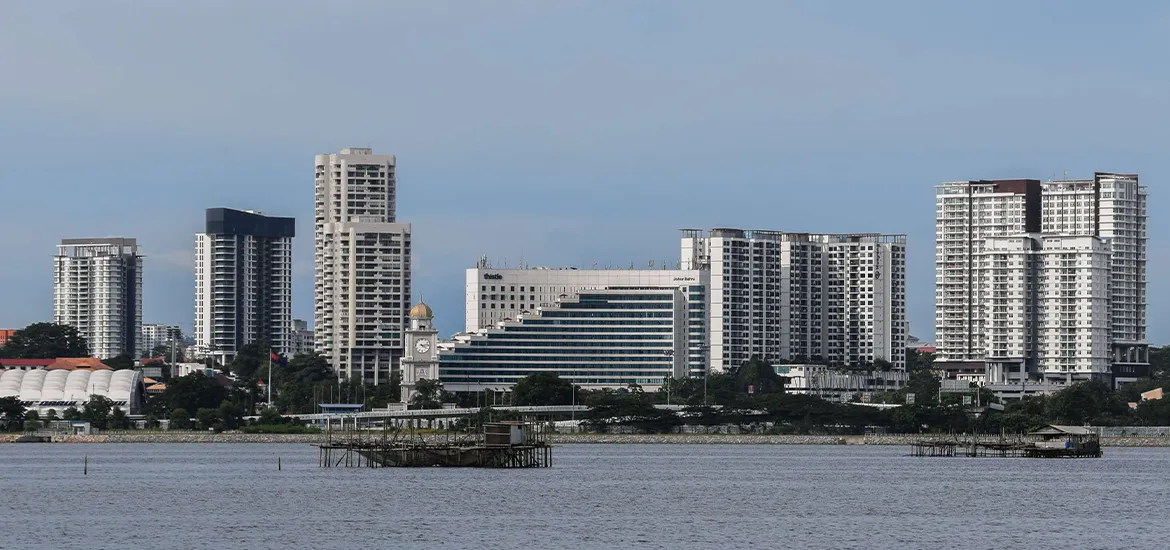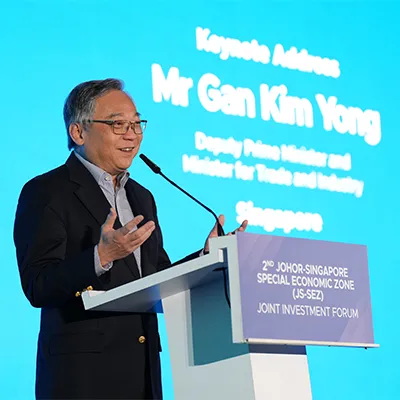Businesses and investors operating in the Johor-Singapore Special Economic Zone (JS-SEZ) can look forward to a fresh suite of perks, Malaysia’s Minister of Investment, Trade and Industry Tengku Zafrul Aziz revealed on Tuesday (14 Oct).
One, all manufacturing projects for non-sensitive industries within the zone’s identified economic sectors will be granted fast-track approval of the manufacturing licence within seven working days.
The no-objection letter from the state government will also be issued within the same period.
Qualifying projects will automatically receive Johor’s super-lane facilitation, said the minister, noting that this ensures coordinated priority handling across state and federal agencies under a single facilitation channel.
Separately, a multiple-entry visa, valid for up to 12 months, will be available to eligible foreign investors via the Xpats Gateway platform.
“It is designed to facilitate investors’ travel and engagement, particularly during project planning or site visits,” added the minister.
Additionally, the Malaysian Investment Development Authority can proactively offer the investor pass directly to multinational companies and prospective investors in high-value sectors, as well as those qualifying under the family office incentive.
“This reflects our commitment to reducing friction for high-impact investors, including those looking to anchor strategic investments within the JS-SEZ,” he said.
Tengku Zafrul also announced that Malaysia’s Strategic Co-Investment Fund will have a new matching ratio of 1:1 versus an earlier 1:2, and with an interest rate as low as 0.5 per cent.
The fund, under the country’s New Industrial Master Plan 2030, will be leveraged as a key financing instrument for industrial growth in the zone. An additional RM200 million (S$61.5 million) was allocated to it, as announced by Prime Minister Anwar Ibrahim at the tabling of the nation’s Budget 2026.
“We want to enable SMEs (small and medium-sized enterprises) to scale up and go global, particularly in areas such as capacity expansion, tech adoption, and sustainability,” said the minister.
“This financing effort will complement the policy and infrastructure incentives being introduced under the JS-SEZ, ensuring a more holistic enabling framework.”







